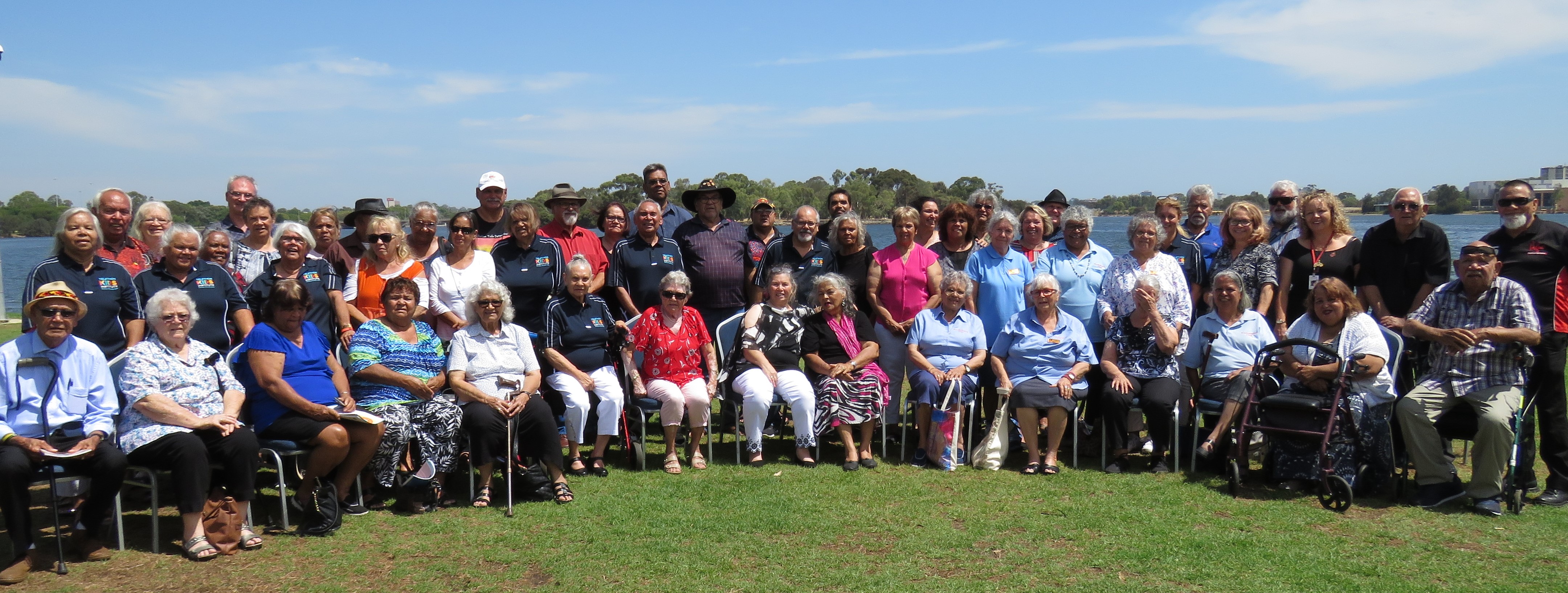Search
Research
Safety and immunogenicity of a meningococcal B bivalent rLP2086 vaccine in healthy toddlers Aged 18-36 monthsA bivalent, recombinant, factor H-binding protein (rLP2086) vaccine was developed to protect against invasive Neisseria meningitidis serogroup B (MnB) in...
Research
The Global Lung Initiative 2012 reference values reflect contemporary Australasian spirometryWe aimed to ascertain the fit of the European Respiratory Society Global Lung Initiative 2012 reference ranges to contemporary Australasian spirometric data.
Research
A comparative risk assessment of burden of disease and injury attributable to 67 risk factors and risk factor clusters in 21 regions, 1990-2010Quantification of the disease burden caused by different risks informs prevention by providing an account of health loss different to that provided by a...
Research
High prevalence of undiagnosed obstructive sleep apnoea in the general population and methods for screening for representative controlsUndiagnosed obstructive sleep apnoea (OSA) in the community makes comparisons of OSA subjects with control samples from the general population problematic.
Research
Rheumatic Fever Follow-Up Study (RhFFUS) protocol: A cohort study investigating the significance of minorIn Australia, rheumatic heart disease (RHD) is almost exclusively restricted to Aboriginal Australian and Torres Strait Islander people with children being...
Research
Global and regional mortality from 235 causes of death for 20 age groups in 1990 and 2010: A systematic analysis for the Global Burden of Disease Study 2010Reliable and timely information on the leading causes of death in populations, and how these are changing, is a crucial input into health policy debates.

Community engagement for the Ngulluk Koolunga Ngulluk Koort (Our Children, Our Heart) Project.

Tourette syndrome is a neurodevelopmental disorder characterised by uncontrollable movements and vocalisations known as tics.
Research
Children's CancersCancers in children are very different from cancers in adults - in most cases they appear to strike simply at random. They also develop differently and can spread more rapidly and aggressively. And because cancers in children are not obviously linked to their lifestyles, much work is needed to pinpoint their cause.

Improving the lives of children with a disability and their families sits at the core of our team.
